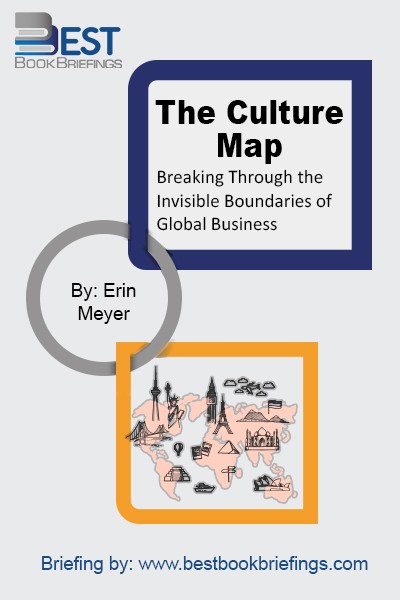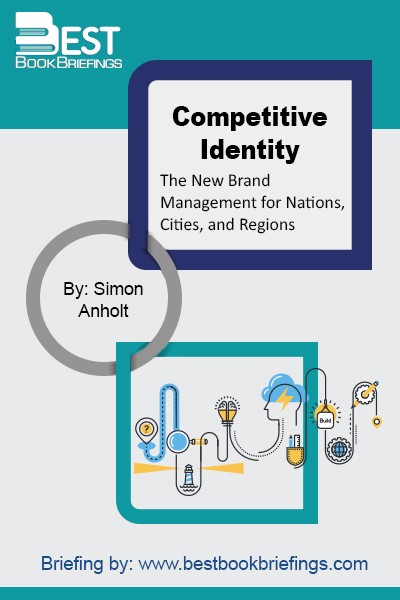Competitive Identity
The New Brand Management for Nations, Cities, and Regions
Number of pages: 160
Publisher: Palgrave Macmillan
BBB Library: Politics and Public Affairs
ISBN: 9780230500280
Editorial Review
In such a busy and crowded marketplace, most people and organizations don’t have time to learn about what other places are really like. When you haven’t got time to read a book, you judge it by its cover. We all navigate through the complexity of the modern world armed with a few simple clichés: Paris is about style, Japan about technology, Switzerland about wealth and precision, Tuscany about the good life, and most African nations about poverty, corruption, war, famine and disease. These clichés and stereotypes – whether they are positive or negative, true or untrue—fundamentally affect our behavior towards other places and their people and products. Some quite progressive countries don’t get nearly as much attention, visitors, business or investment as they need because their reputation is weak or negative, while others are still trading on a good image that they acquired decades or even centuries ago, and today do relatively little to deserve.
Book Reviews
Books on Related Topics

Business and political leaders often talk about what their respective countries must do to compete in the world economy. But what does it really mean for a country to compete, and how do they do this successfully? Countries develop strategies to compete for the markets, technologies, skills, and investment that will

To realize the current global stage, all you need to do is to look at your dinner table! It’s full of food from the four corners of the World; Salmon from Chile, sauce and spices from Brazil. Your dishes might be from China or Hungary, and glassware from the Czech Republic.

The book’s full name is ‘An Inquiry into the Nature and Causes of the Wealth of Nations,’ written by Adam Smith. This book is truly a masterpiece that gives great insights into the world of economics and management. The entire book is made of six books, discussing economics and explaining how

In this book, the author illustrates using real life experiences how a firm should analyze the competition and position itself in such a way that it pulls a fair share of the market. In the book, the author covers the need for a firm to establish a value chain and add

Summary of Emotional Agility by Susan David. This summary intends to increase your awareness of your own emotions and to help you come to peace with even the difficult ones. According to the author, Susan David, if you want to control your emotions, you need to address your thinking patterns and

The vast majority of managers who conduct business internationally have little understanding about how culture is impacting their work. This is especially true as more and more of us communicate daily with people in other countries over virtual media like e-mail or telephone. Culture has impacted your communication, how you understand

In Unlocking Public Value, Marty Cole and Greg Parston offer public services practitioners a unique tool to help them capture the mix of goals or outcomes, some reflecting local, some global, concerns, and measure performance in attaining these outcomes. Providing a framework and step-by-step process for defining these outcomes is one



